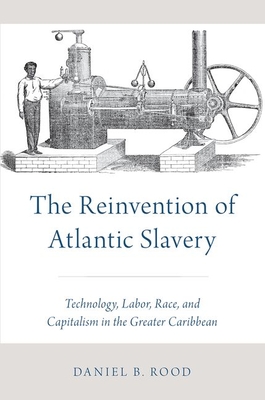Expedite your nonfiction book discovery process with Readara interviews, summaries and recommendations, Broaden your knowledge and gain insights from leading experts and scholars
In-depth, hour-long interviews with notable nonfiction authors, Gain new perspectives and ideas from the writer’s expertise and research, Valuable resource for readers and researchers
Optimize your book discovery process, Four-to eight-page summaries prepared by subject matter experts, Quickly review the book’s central messages and range of content
Books are handpicked covering a wide range of important categories and topics, Selected authors are subject experts, field professionals, or distinguished academics
Our editorial team includes books offering insights, unique views and researched-narratives in categories, Trade shows and book fairs, Book signings and in person author talks,Webinars and online events
Connect with editors and designers,Discover PR & marketing services providers, Source printers and related service providers

The Reinvention of Atlantic Slavery: Technology, Labor, Race, and Capitalism in the Greater Caribbean
History > United States - Civil War Period (1850-1877)
- Oxford University Press, USA
- Paperback
- 9780197528426
- 9.1 X 6.1 X 0.8 inches
- 0.95 pounds
- History > United States - Civil War Period (1850-1877)
- (Single Author) Asian American
- English
Readara.com
Book Description
In addition to promoting new forms of mechanization, the technical experts depended on the know-how of slaves alongside whom they worked. Bondspeople with industrial craft skills played key roles in the development of new production processes and technologies like sugar mills. While the very existence of such skilled slaves contradicted prevailing racial ideologies and allowed black people to wield power in their own interest, their contributions grew the slave economies of Cuba, Brazil, and the Upper South. Together reform-minded planters, technical experts, and enslaved people modernized sugar plantations in Louisiana and Cuba; brought together rural Virginia wheat planters and industrial flour-millers in Richmond with the coffee-planting system of southeastern Brazil; and enabled engineers and iron-makers in Virginia to collaborate with railroad and sugar entrepreneurs in Cuba.
Through his examination of the creation of these industrial bodies of knowledge, Daniel B. Rood demonstrates the deepening dependence of the Atlantic economy on forced labor after a few revolutionary decades in which it seemed the institution of slavery might be destroyed. The reinvention of this plantation world in the 1840s and 1850s brought a renewed movement in the 1860s, especially from enslaved people themselves in the United States and Cuba, to end chattel slavery.
This account of capitalism, technology, and slavery offers new perspectives on the nineteenth-century Americas.
Author Bio
Dan Rood specializes in the history of Atlantic slavery and its intersections with the histories of technology, agriculture, and capitalism. He teaches the pre-1865 half of the US introductory survey, as well as upper division courses in the Atlantic World and the US Civil War.
He also co-directs "Dirty History: An Interdisciplinary Workshop in Agriculture, Environment, and Capitalism," which convenes monthly at UGA (www.dirty-history.org).
- Education
PhD, University of California, Irvine, 2010
Source: University of Georgia
Videos
No Videos
Community reviews
No Community reviews

